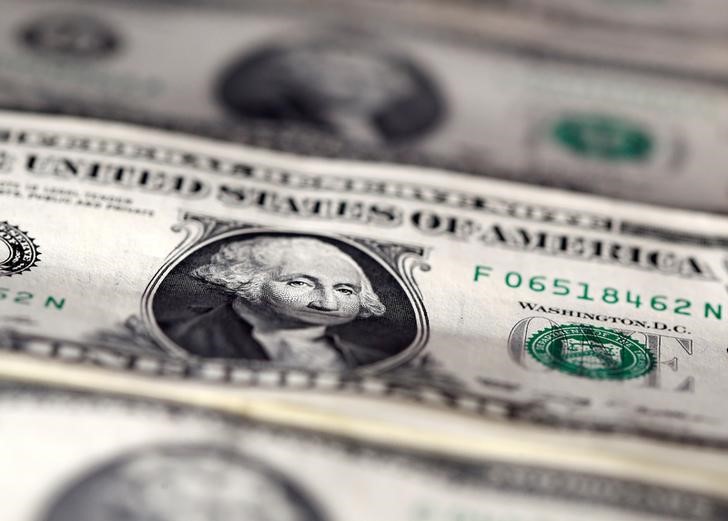By Dion Rabouin
NEW YORK (Reuters) - The dollar rose to its highest in more than a week against a basket of currencies on Wednesday on outlooks for U.S. and European interest rates and as investors saw the selloff that followed U.S. President Donald Trump's healthcare setback as overdone.
Reuters reported European Central Bank policymakers were wary of changing their policy message after tweaks this month upset investors and raised chances of a surge in borrowing costs.
The euro
The dollar also got a boost from Chicago Fed President Charles Evans, who said he was in line with most of his colleagues in supporting further rate hikes this year. Evans is known as one of the Fed's most consistent supporters of low interest rates.
On Friday the dollar had fallen to its lowest in four months after the U.S. House of Representatives pulled a bill to rewrite the American healthcare system backed by President Donald Trump. Investors saw it as an indication Trump was likely to have difficulty with other parts of his agenda including tax reform and fiscal spending that are likely to increase U.S. inflation.
Those fears may have been overdone, analysts said, and with Fed officials still lining up to support further interest rate hikes, the dollar is on a solid footing.
"The selloff in the dollar that we saw in reaction to the news Friday was probably a bit of an overreaction," said Shaun Osborne, currency strategist at Scotia Capital in Toronto. "The underlying faith in the reflation trade is coming back a little bit today."
Osborne also pointed to technical factors in the dollar/euro trade as the euro has approached the $1.09 mark.
"It really boils down to the fact that the euro rallied, it turned around and it's pretty expensive to be short dollars at this point," he said.
The United States has higher interest rates than the euro zone, which means traders lose money by holding positions that are long euro and short dollar. The Fed recently raised its overnight interest rate to a range of 0.75 to 1.00 percent while the ECB holds negative rates on some deposits.
Adding to pressure on European currencies, Britain invoked Article 50 on Wednesday, officially beginning its exit from the European Union.

Sterling